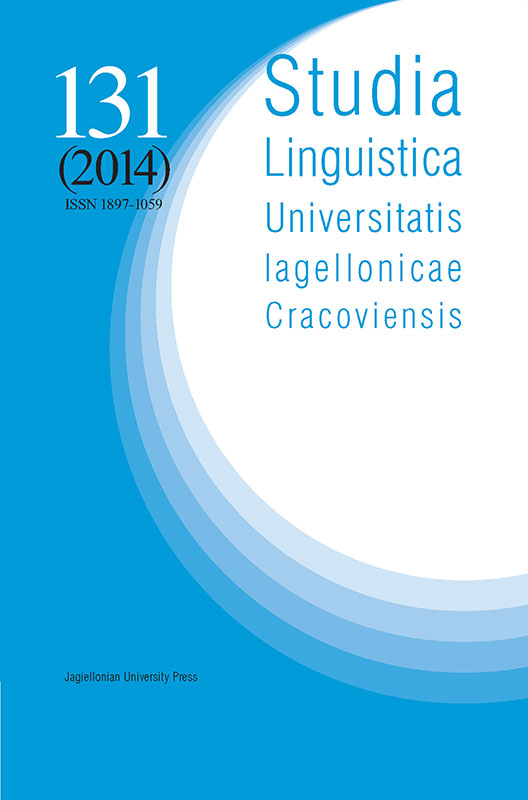Pragmatic marker use in police interviews: The case of “I mean”and “you know” (part 2)
Pragmatic marker use in police interviews: The case of “I mean”and “you know” (part 2)
Author(s): Magdalena SzczyrbakSubject(s): Language and Literature Studies, Theoretical Linguistics, Applied Linguistics
Published by: Wydawnictwo Uniwersytetu Jagiellońskiego
Keywords: comment clauses; police interview discourse; power relations;pragmatic markers
Summary/Abstract: Intended as a follow-up to Part 1 of the study focusing on the use of I mean in police interview data, Part 2 of the analysis offers insight into the recruitment of the related marker you know by the interviewers and the interviewees, respectively. In particular, acknowledging that the primary function of you know is that of “inviting addressee inferences” (Jucker, Smith 1998) and in agreement with the categorisation of functions proposed by Fox Tree and Schrock (2002), the paper reveals how you know is deployed for interpersonal, turn management, repairing, monitoring and organising purposes. To this end, it focuses on the syntactic behaviour of you know and examines the patterns of use linked to individual interview participants. What is more, given the potential of you know to invite addressee feedback, the analysis also looks at listener responses to you know and you know-introduced ideas, revealing at the same time the linguistic coding of power asymmetry in institutional interaction. In sum, Part 1 and Part 2 of the study highlight the subjective and intersubjective meanings conveyed by the markers I mean and you know in police interviews and draw attention to the contribution that pragmatic marker research can make to court and police interpreting practice.
Journal: Studia Linguistica Universitatis Iagellonicae Cracoviensis
- Issue Year: 131/2014
- Issue No: 4
- Page Range: 371-379
- Page Count: 9
- Language: English

